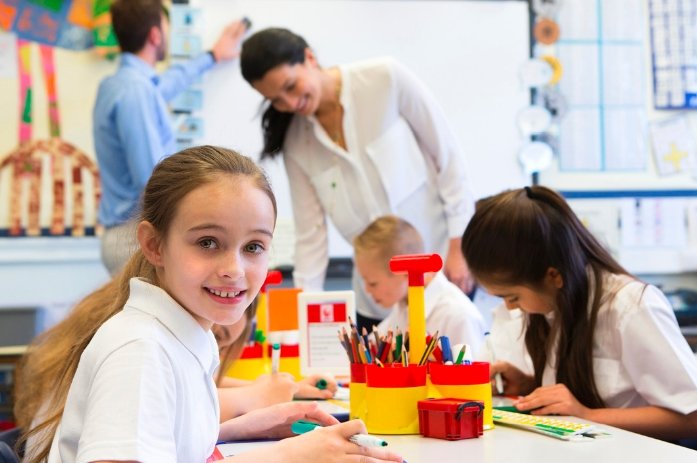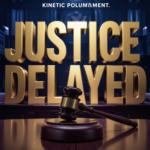A bold shift in the educational landscape of Scotland is underway, with advocates pushing for a national rollout of a “knowledge-based and content-rich” curriculum. This approach, proven successful at Berwickshire High School, promises to enhance student attainment and better prepare them for the future.
The Berwickshire High School Turnaround
Under the leadership of Bruce Robertson, Berwickshire High School has seen remarkable improvements in student performance. When Robertson took over, the school was labeled ‘weak’ and ‘unsatisfactory’ by inspectors. In just four years, the school transformed into a sector leader.
Key changes implemented include:
- Redefining the curriculum as ‘content’ to emphasize knowledge.
- Developing detailed “Programmes for Teaching and Learning” to guide teaching.
- Focusing on a knowledge-based curriculum that integrates skills development.
These changes led to impressive results:
- A rise from 44% to 64% of pupils attaining 5+ Level 5 qualifications in S4 between 2018 and 2023.
- An increase from 21% to 41% in pupils attaining 5+ Level 6 qualifications in S5 between 2018 and 2024.
- Enhanced quality and consistency in learning, teaching, and assessment across the school, as noted by inspectors.

Calls for National Implementation
Robertson, in collaboration with Professor Lindsay Paterson of the University of Edinburgh, has called for the adoption of this curriculum model across Scotland. Their new paper, published by Reform Scotland, outlines the benefits of a knowledge-based curriculum and the urgent need for a nationwide curriculum review.
Professor Paterson praised the success at Berwickshire High, emphasizing the potential for similar results across Scotland. He stated, “The return of knowledge to the curriculum throughout the rest of Scotland could produce a new generation of talent.”
Robertson echoed this sentiment, asserting that the approach used at Berwickshire could and should be replicated nationwide. He highlighted the clear benefits of a curriculum rich in knowledge and content, which not only boosts academic achievement but also prepares students for life beyond school.
Broader Implications for Scottish Education
Chris Deerin, Director of Reform Scotland, emphasized the national significance of these findings. Scotland’s recent PISA figures, indicating a decline in performance in reading, maths, and science, have raised alarms about the effectiveness of the current Curriculum for Excellence.
Deerin stated, “As it stands, the Curriculum for Excellence is not serving Scotland’s teachers, pupils, or parents as well as it should or could.” He pointed to the success of Berwickshire High School as evidence that a shift towards a more knowledge-based curriculum could reverse this trend and improve educational outcomes.
Table: Performance Improvements at Berwickshire High School
| Year | Percentage of S4 Pupils Attaining 5+ Level 5 Qualifications | Percentage of S5 Pupils Attaining 5+ Level 6 Qualifications |
|---|---|---|
| 2018 | 44% | 21% |
| 2023 | 64% | 41% |
These figures illustrate the dramatic improvement in pupil performance following the implementation of Robertson’s curriculum redesign.
A Model for the Future
The success story of Berwickshire High School serves as a model for the future of Scottish education. With calls for national adoption growing louder, policymakers are being urged to consider the potential benefits of a knowledge-based curriculum on a larger scale.
As Scotland grapples with educational challenges, the Berwickshire High model offers a tested and successful approach to revitalize the nation’s schools, fostering a brighter future for Scottish students.


















